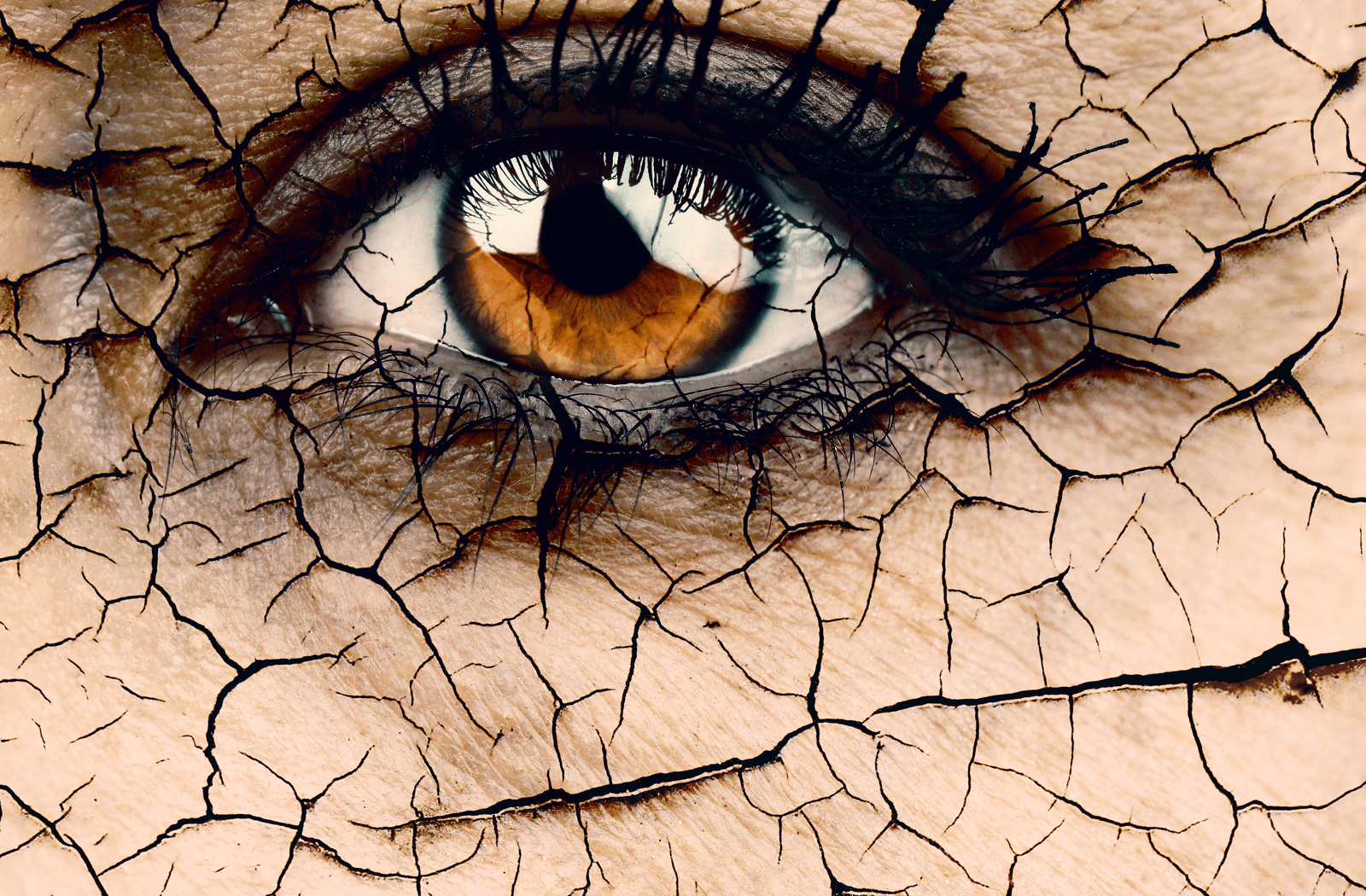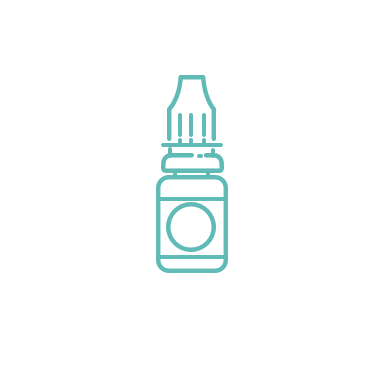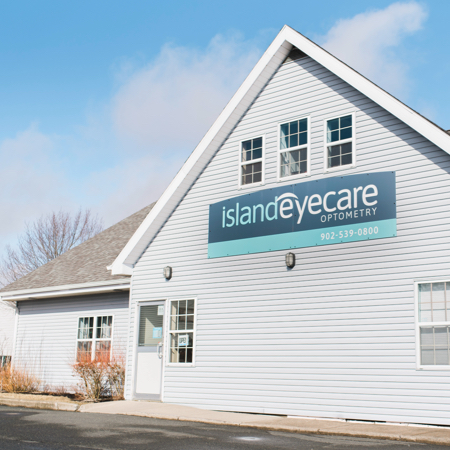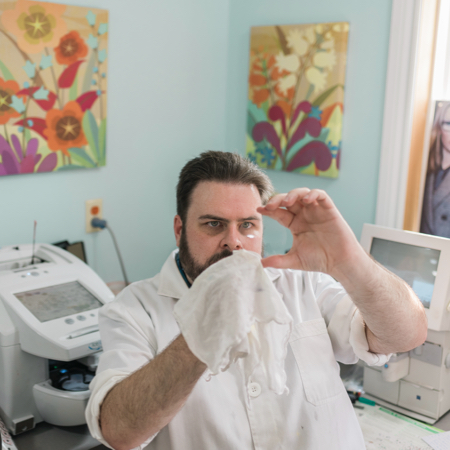Nearly 30% of all Canadians experience symptoms related to dry eye disease, but how can dry eyes impact your life over time? Moreover, what can you do to manage dry eyes if you have them—and how can you avoid this condition if you don’t?
Island Eyecare Optometry has spent years helping people afflicted by dry eyes and other eye problems. We’re here to help you understand the potential long-term effects of dry eyes so that you can take steps to minimize their impact on you and enjoy a life free from discomfort.
What is Dry Eye Disease?
Dry eye syndrome occurs when your eye cannot produce enough tears to remain lubricated. It can also happen when the tears your eye makes evaporate too quickly.
There are numerous potential causes of dry eyes, but it often results from problems with the glands responsible for proper tear production. The two sets of glands most often affected in dry eyes are the lacrimal glands and the meibomian glands.
The lacrimal glands are responsible for producing tears when you are upset, or your eyes are irritated. These glands may produce fewer tears as you age.
The meibomian glands produce a type of oil that helps stabilize the tear film. If they become blocked, the resulting lack of oil in your tear film will cause your tears to evaporate too quickly.
In either case, the solution to your dry eyes typically involves stimulating the dysfunctional glands. Your eye doctor can recommend various treatments for stimulating either the lacrimal or meibomian glands, depending on your case’s nature and severity.
Common Dry Eye Symptoms
Dry eyes often present with the following symptoms:
- Frequent eye discomfort in the form of stinging, burning, or itching
- Abnormal sensitivity to light (photophobia)
- Foreign-body sensation (the feeling that debris or an object is stuck inside your eye)
- Tired eyes
- Blurry vision
- Redness of the skin around the eyes
In some instances, your eyes may also water frequently or produce a kind of stringy mucous. Watery eyes are more likely to occur when the meibomian glands are blocked, whereas mucous generally appears when there are problems with the lacrimal glands.
Long-Term Effects of Dry Eye Disease
Most people believe that dry eyes, although irritating, cannot cause permanent damage to your eyes or significantly impact your quality of life. While dry eyes are unlikely to come with severe and irreversible short-term effects, they can pave the way for more severe problems if left unmanaged over extended periods.
How Your Tear Film Protects Your Eyes
Tears do much more than just keep our eyes comfortably moist and help us indicate distress. They also protect our eyes from bacteria by flushing them away before they have a chance to collect.
However, when your eyes are too dry, bacteria can settle in and around them. Enough bacteria can produce an eye infection, which may lead to a corneal ulcer. Corneal ulcers can permanently damage your eyes, putting you at risk for vision loss.
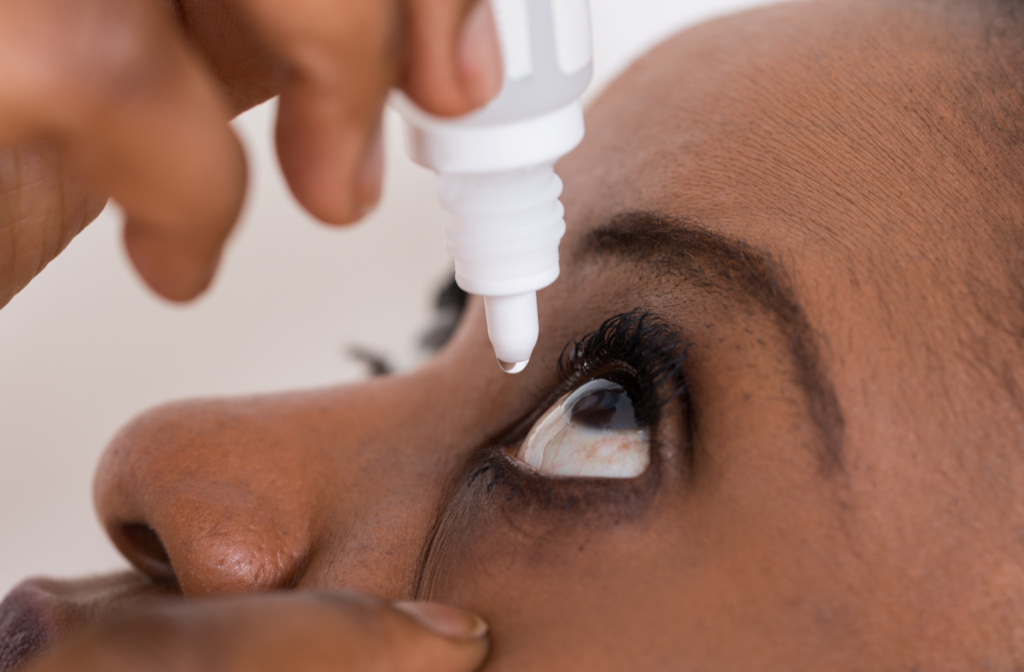
Dry Eye Management Reduces Your Risk
Typically, dry eyes can only increase your risk of a corneal ulcer in severe cases. However, the longer you leave dry eyes untreated, the more severe they can become. Therefore, it is always advisable to visit an eye doctor who can diagnose and help manage your dry eye syndrome as soon as symptoms begin to develop.
Your eye doctor will look for signs of dry eye syndrome whenever you visit them for a comprehensive eye exam. They may run several tests, including:
- A Schirmer test, which involves placing strips of blotting paper beneath your lower eyelids and measuring the volume of tears they soak up over a given period
- A tear osmolarity test, which measures each of the components in your tear film to determine its stability
- Dye tests, which temporarily stain the eyes so that your eye doctor can observe how long it takes your tears to evaporate and look for abrasions on your cornea
If your doctor determines that you have dry eyes, they will recommend one of several therapies to manage your symptoms. These might include:
- Artificial tears to lubricate the surface of your eyes and keep them comfortable
- Dietary supplements to help your body produce tears correctly again
- Prescription eye drops to improve the composition of your tear film
- Topical ointments to reduce inflammation
- Warm compresses for your eyelids to stimulate meibomian gland production
- Eyelid scrubs to remove bacteria or debris that may have blocked your glands
- Punctal plugs to prevent your existing tears from draining too quickly
- In-office procedures like iLux and IPL
Avoid Worst-Case Scenarios by Managing Your Dry Eyes Now
Dry eyes are always irritating, and they can increase your risk of more severe eye health problems when left unchecked. Talk to your optometrist about managing your dry eye symptoms today so that you can avoid these outcomes and enjoy comfortable vision.

